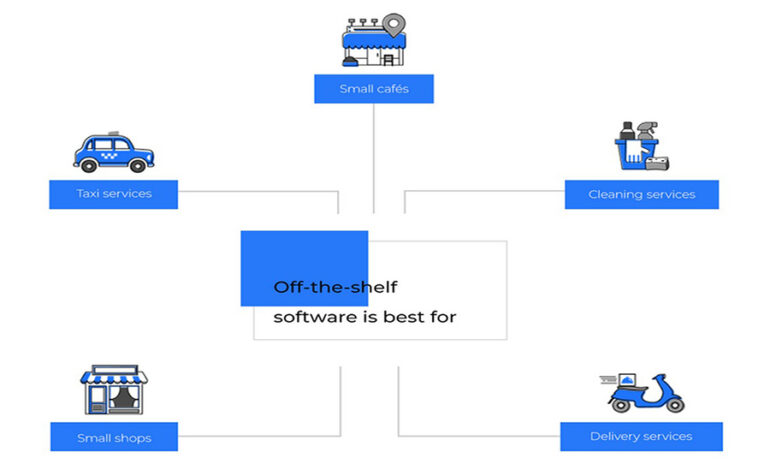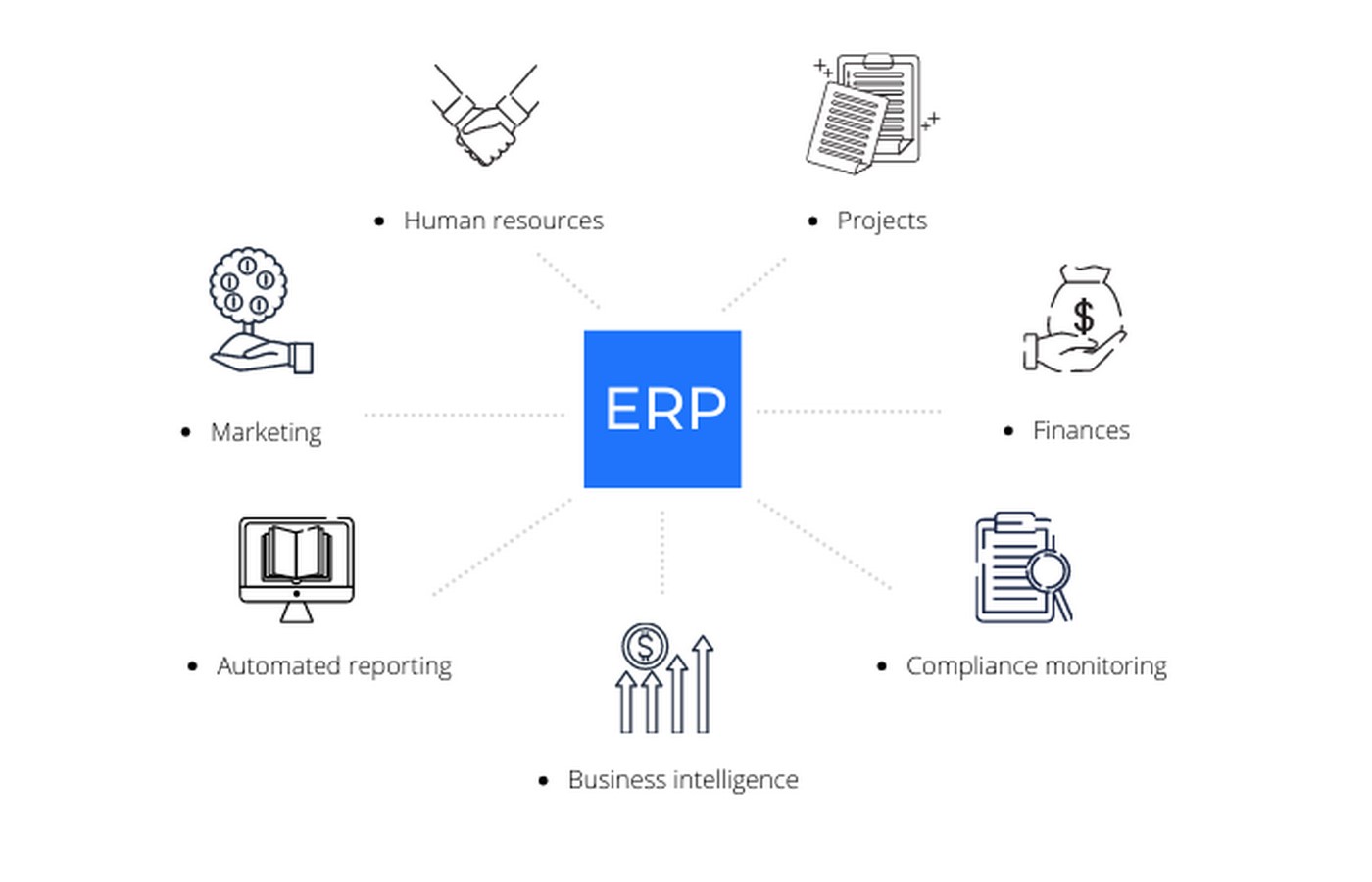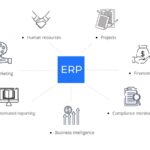Understanding ERP Solutions

Enterprise Resource Planning (ERP) systems play a pivotal role in streamlining operations for companies of all sizes. Whether opting for custom development, off-the-shelf solutions, or a hybrid approach, selecting the right ERP system is crucial for enhancing productivity and efficiency.

Exploring ERP Functionality
ERP systems integrate various applications to automate processes across different departments into a unified database. They manage diverse functions including marketing, human resources, finances, projects, compliance monitoring, business intelligence, and reporting.
Types of ERP Solutions
When considering ERP options, three main categories emerge:
- Custom Software: Tailored to specific requirements, custom ERP systems are built from scratch by development teams to align with unique business needs.
- Off-the-Shelf Software: Pre-built ERP packages offer standardized solutions that cater to general business needs without extensive customization.
- Hybrid Model: Combining elements of both custom and off-the-shelf solutions, the hybrid model allows for customization within an existing ERP framework.
Customization Considerations
Custom ERP solutions offer several benefits:
- Cost-effectiveness: While initial development costs may be higher, long-term expenses are reduced as there are no ongoing subscription fees.
- Control: Businesses have full control over features, design, and access permissions, allowing for tailored solutions.
- Scalability: Custom ERP systems can easily adapt to changing business needs, facilitating expansion and innovation.
- Integration: Seamless integration with third-party services ensures comprehensive functionality and efficiency.
- Support: Direct communication with developers ensures prompt resolution of issues and tailored support.
However, custom ERP development comes with risks such as extended development time and cost uncertainties.
Off-the-Shelf Solutions
Off-the-shelf ERP software is suitable for smaller businesses with standard operations, offering benefits like quick deployment and simplified pricing structures. Yet, limited customization and functionality pose challenges, along with high initial licensing costs and longer adoption timelines.

The Hybrid Model
The hybrid approach combines aspects of custom and off-the-shelf solutions, catering to businesses with specific requirements. It offers a balance between customization and cost-effectiveness, making it ideal for companies seeking tailored solutions within existing frameworks.
Determining the Right Solution
To ascertain the need for a custom ERP system, businesses should assess factors such as inefficient software communication, lack of custom reporting, limited mobile accessibility, difficulty meeting client demands, and absence of a functional CRM system.

Conclusion
Custom ERP development offers tailored solutions to complex business challenges, ensuring scalability and adaptability. For smaller enterprises with standard operations, off-the-shelf solutions may suffice, while the hybrid model provides flexibility for businesses with specific needs.
By understanding the strengths and limitations of each ERP solution, companies can make informed decisions to optimize efficiency and drive growth in a competitive business landscape.













